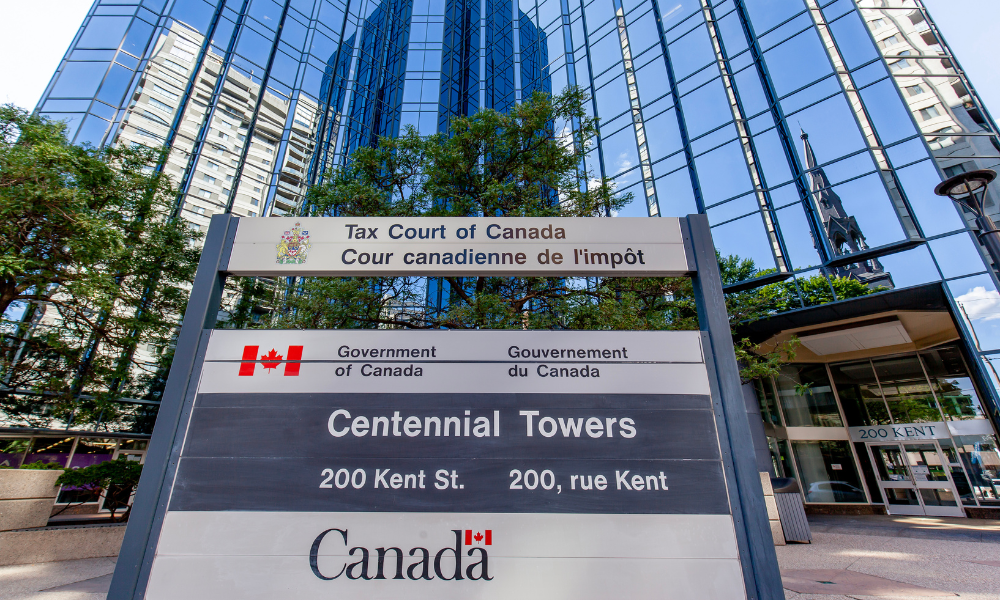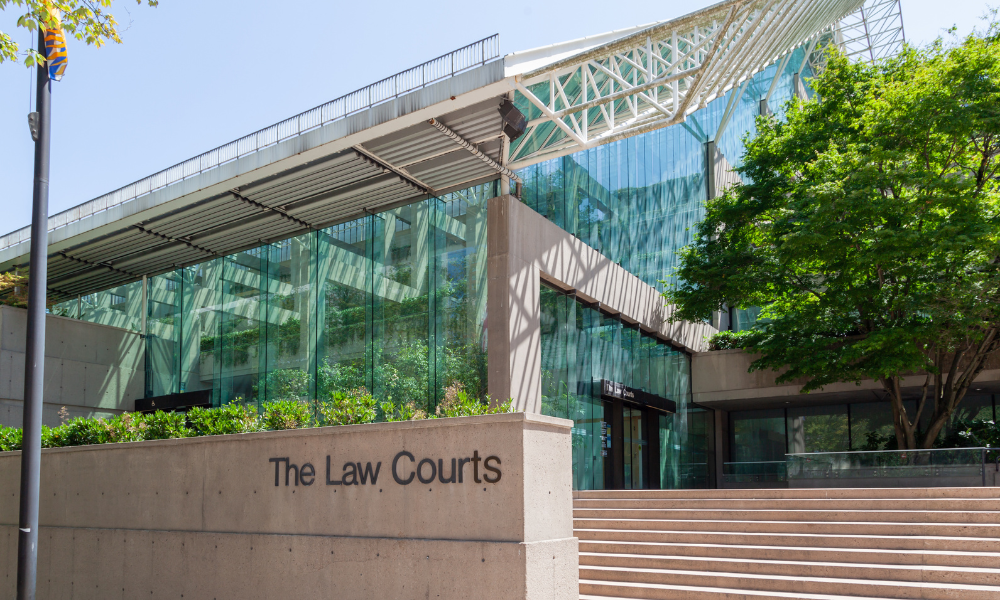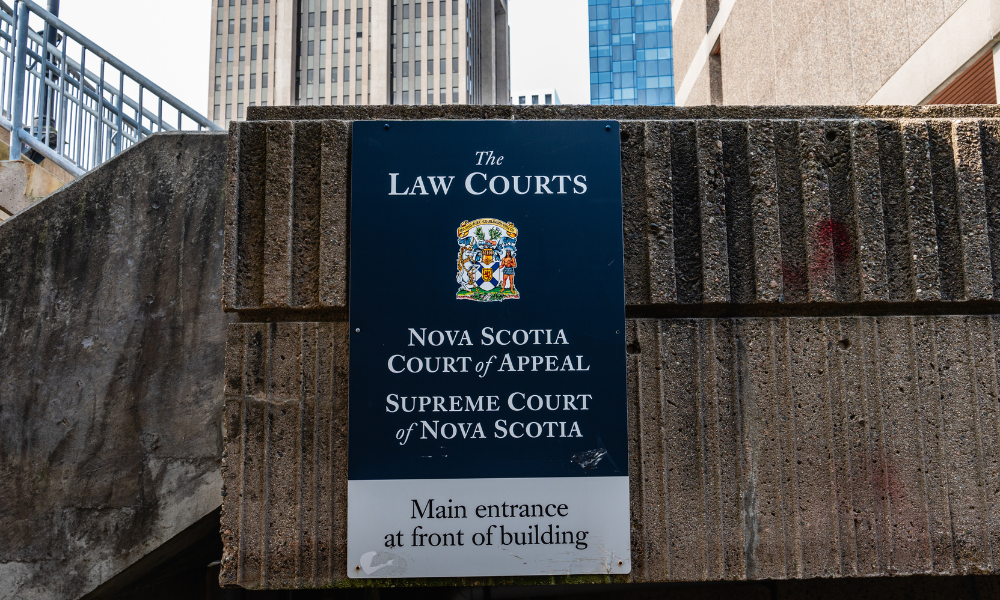Ruling will impact every public issuer in Canada, says Lenczner Slaght's Paul-Erik Veel

The Supreme Court of Canada will hear a case determining what constitutes a “material change” in securities law.
On March 25, the SCC granted leave to Lundin Mining Corporation, et al. v. Dov Markowich, a case originating from Ontario.
The ruling will impact every publicly traded company in Canada, says Paul-Erik Veel, a commercial litigator at Lenczner Slaght, who is not counsel on the case.
Most Read
“The definition of material change, and just how broad material change is, is incredibly important as a matter of securities law,” he says.
“Giving some clarity to the test is very important to the publicly traded portion of the business community, as a whole, and to the investing public, as a whole.
Dov Markowich brought an action against Lundin Mining Corporation for the alleged failure to disclose a material change in its business, operations or capital, as is required under Ontario’s Securities Act. Markowich also sought class-action certification.
He said the company had an obligation to disclose a pit wall instability that had been detected in Lundin’s Candelaria mine in Chile, as well as a rockslide that occurred later.
Markowich lost at trial. The judge dismissed his motions finding that these factors did not meaningfully impact the company’s business, operations, or capital. The Court of Appeal disagreed, finding that the trial judge interpreted material change too narrowly.
If something counts as a “material change,” the public company cannot wait until their next quarterly filing to disclose it to shareholders, they must do so within a few days, says Veel.
“If you interpret material change too broadly, that can get really onerous for any kind of publicly traded company because they’re in a situation where they're potentially having to disclose things on an almost daily basis, at the extreme end, which makes it very difficult to actually run a business.”
He adds that such an interpretation also does not serve investors because if companies are required to disclose everything before the impact is clear, investors will not be getting meaningful information.
In Lundin, the Court of Appeal endorsed a two-step analysis to determine material change. The court first examines whether the company experienced a change, but the first step does not involve an assessment of the change’s magnitude. The second stage is a consideration of whether the change could reasonably be expected to impact the market price for the company’s securities.
In Lundin, the company’s share price significantly declined a month after the rockslide. The appeal court ruled that a change in operations could apply to a broad range of activities, including an interruption in production and schedule change caused by an accident or equipment failure. The court said the trial judge had erred in limiting the concept of change to a situation where the company totally reversed course in its business direction, ceased operations, or altered its capital structure. The trial judge had also incorrectly assessed the magnitude of the change in the first part of the test, the court found.










